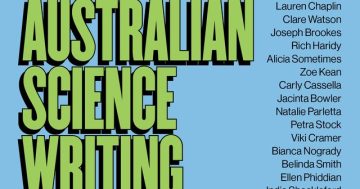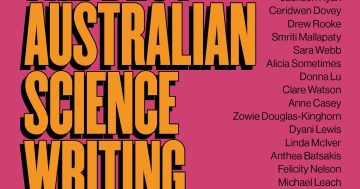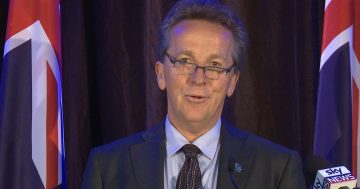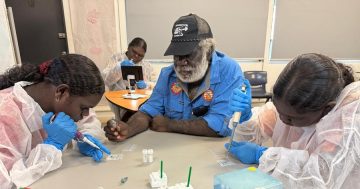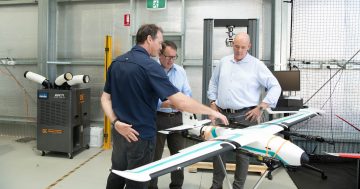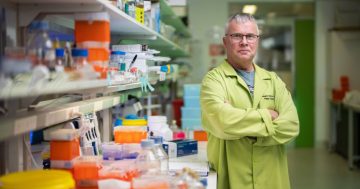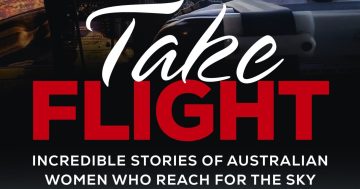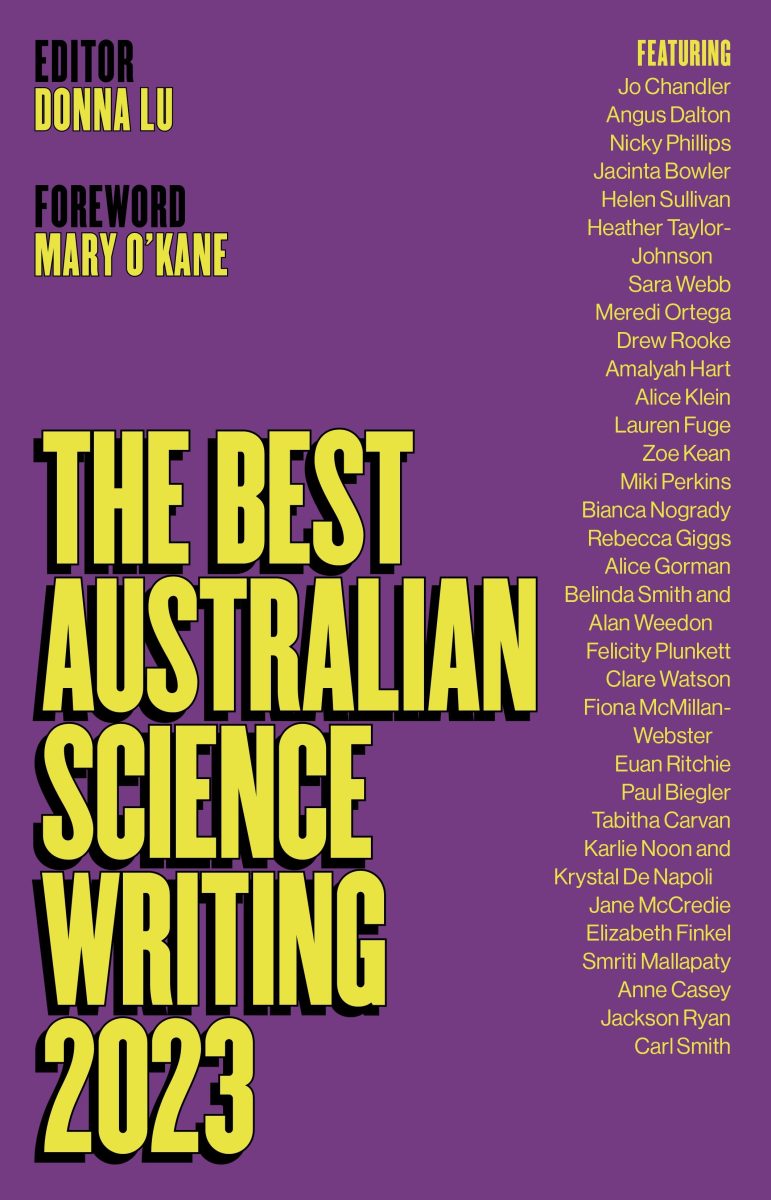
By reading The Best Australian Science Writing 2023, we get to learn all about how people are navigating science in the digital age. Photo: Supplied.
There’s more to science writing than just unravelling recent research discoveries. Along with providing analysis, context and perspective, we also need to get a sense of what has been explored and an understanding of the social, ethical and political implications of scientific advances.
Science writing takes different forms and it requires a lot of research and exact wording to describe discoveries and commercial developments. They explain the process and impact these findings have on the lives of average individuals.
According to the editor of The Best Australian Science Writing 2023, Donna Lu, the judgement of what constitutes the ”best” science writing is necessarily subjective.
“To me, the best science writing is nuanced and intrepid, clarifies the complex and uncertain, and — perhaps most importantly — stems from an insatiable and infectious curiosity,” she said.
”It reveals fascinating insights into our surrounding environments and inspires awe at the wonders of the natural world — but, when necessary, also questions and highlights shortcomings of the scientific endeavour.
“Science seeks to understand and address some of the biggest problems of our time: the existential threat of climate change, the worrying acceleration of biodiversity loss, the burden of human disease.”
It’s quite enlightening when you read — and realise — how our contributors and scientists are navigating science in the digital age. We also get to learn how we can separate quality information from uninformed opinions, and how science communication can shape society’s perceptions, influence policy decisions and fuel innovation.
In the entries that make up The Best Australian Science Writing 2023, the scale of focus ranges from the microscopic to the astronomical.
“Science writing reveals to us new insights about ourselves, yes, but uniquely it also encompasses the vastness of the universe and all the diverse life forms within it,” Ms Lu said.
The expert contributions include the shortlisted entries for the 2023 UNSW Press Bragg Prize for Science Writing, and the 2022 student prize-winning essay.
Here are some questions: Should we alter animals’ DNA to save them from extinction? What secrets will old ice reveal to us about the Earth’s deep past? How is the world’s most expensive — and explosive — substance made?
Despite cascading threats, species and ecosystems can surprise us with their resilience. Angus Dalton documents the remarkable transformation of the Macquarie Marshes, an internationally recognised wetland in Australia, after three years of rain.
Australia has the dubious distinction as the world leader in mammal extinctions, and the mammologist Euan Ritchie explains what must be done to stem further biodiversity loss.
Though we have learned much about the human body, there is still much more to discover, as Elizabeth Finkel points out while reflecting on another decade of neuroscience research. Health conditions that primarily affect women are notoriously under-researched.
Alice Klein shines a timely spotlight on what scientists are learning about polycystic ovary syndrome, a common but long-neglected condition.
Rebecca Giggs writes poignantly about the erstwhile spectacle and the troubling disappearance of the migratory bogong moth, and her personal quest — as yet unsuccessful — to spot one.
Zoe Kean’s piece on the dingo fence, which stretches through south-east Australia, illustrates the ecological effects of dingoes’ removal from the environment.
In Victoria’s Central Highlands, towering forests of old-growth mountain ash are threatened by fires and logging, and their survival, Belinda Smith and Alan Weedon explain, is critical to Melbourne’s water supply.
New evidence in genetics has affected the case of convicted murderer Kathleen Folbigg, who was accused of killing her children. Also shared is the delight of Lauren Fuge, who climbed 70 metres up a blue gum tree, and Ann Casey’s poem about the tawny frogmouth.
In the foreword, scientist and engineer Professor Mary O’Kane says the publication covers another remarkable year filled with watershed moments in science.
“The book celebrates Australian science and our strengthening intellectual culture which has shrugged off the cultural cringe,” she said.
”It supports the communities who believe we can lead the world in calm, rational practical thinking and the doing of science — and its translation through engineering, health and industry.”
Editor Donna Lu, NewSouth Books, $32.99


